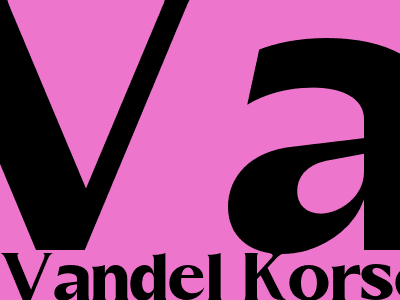SEO for Bloggers: A Comprehensive Guide to Getting Found Online
Introduction
As a blogger, one of the most important things you can do to increase your audience and grow your blog is to make sure that your content is visible to potential readers. This is where search engine optimization (SEO) comes in.
SEO is the practice of optimizing your website and content to rank higher in search engine results pages (SERPs). When people search for topics related to your blog, you want your posts to appear as close to the top of the results as possible.
How SEO Works
SEO is a complex topic, but the basic idea is to make your website and content more attractive to search engines.
This means using relevant keywords throughout your content, optimizing your website's structure and speed, and building backlinks from other websites.
Keywords
Keywords are the words and phrases that people use to search for information online.
When you include relevant keywords in your content, you make it more likely that your posts will appear in SERPs when people search for those terms.
However, it's important not to overuse keywords, as this can actually hurt your SEO ranking.
Website Structure and Speed
The structure of your website can also affect your SEO ranking.
Search engines prefer websites that are easy to navigate and have a fast loading speed.
If your website is difficult to use or takes a long time to load, people are less likely to stick around and read your content.
Backlinks
Backlinks are links from other websites to your website.
When other websites link to your content, it tells search engines that your website is authoritative and trustworthy.
The more backlinks you have, the higher your website will rank in SERPs.
On-Page SEO for Bloggers
In addition to the general SEO principles mentioned above, there are also some specific things you can do to optimize your blog posts for SEO.
These include:
- Including a target keyword in your post's title, URL, and meta description.
- Using header tags (H1, H2, H3, etc.) to structure your content.
- Writing compelling and informative content that is at least 300 words long.
- Including images and videos in your posts to make them more visually appealing.
- Linking to other relevant websites and resources.
Off-Page SEO for Bloggers
In addition to on-page SEO, there are also some things you can do off-page to improve your SEO ranking.
These include:
- Building backlinks to your website from other reputable websites.
- Promoting your content on social media and other online platforms.
- Submitting your website to search engines like Google and Bing.
Conclusion
SEO is an important part of any successful blogging strategy.
By following the tips in this guide, you can improve your SEO ranking and get your blog posts seen by more people.

Comments